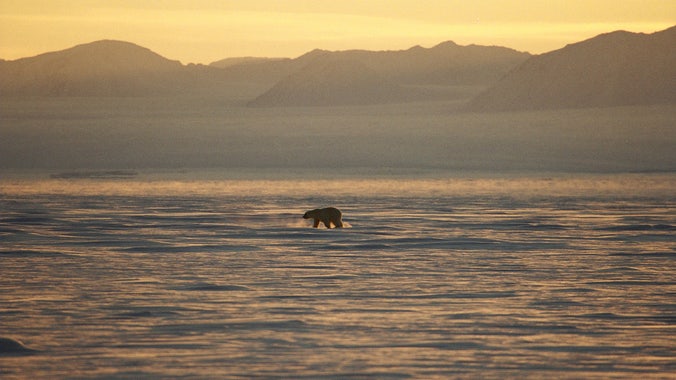Freeze on Russian collaboration disrupts urgently needed permafrost data flow
- Accelerating Arctic warming threatens to thaw more and more carbon-rich permafrost and release vast amounts of greenhouse gases into the Earth’s atmosphere, but scientists don’t know when such a tipping point event might occur.
- The potential for large and abrupt permafrost emissions adds urgency to better understanding the factors that could turn permafrost from a carbon sink into a carbon source.
- However, more than half of all Arctic permafrost lies under Russian soil, and a two-year freeze on collaborations between Russian scientists and the international scientific community — prompted by the Russian invasion of Ukraine on Feb. 24, 2022 — is disrupting data flows and hamstringing the polar research community.
- Despite an uncertain geopolitical landscape, scientists are determined to close the data gap with work-arounds such as pivoting to “proxy” field sites, ramping up remote sensing with AI, and mining archived data for new insights. But reintegrating Russian research with other Arctic research is a priority of the scientific community.
Warming temperatures in the Arctic are accelerating the thaw of carbon-rich permafrost and threatening to add massive amounts of carbon dioxide and methane to an atmosphere already overheating from the buildup of anthropogenic greenhouse gas emissions.
More than half that permafrost lies beneath remote Russian soil, where scientists have long worked in an international research community that freely shared its field stations, climate sensors and data sets to better understand the rapidly changing polar region’s planetary impacts.
Researchers are especially eager to know when a dangerous tipping point may be reached that would trigger the release of vast amounts of greenhouse gases stored in frozen soils.
But then came the Russian invasion of Ukraine on Feb. 24, 2022, and all that cooperation came to a halt, part of the fallout of Western sanctions on Russia. Since then, international researchers outside Russia have applied creative workarounds in order to continue their research, but problems remain.

Add comment